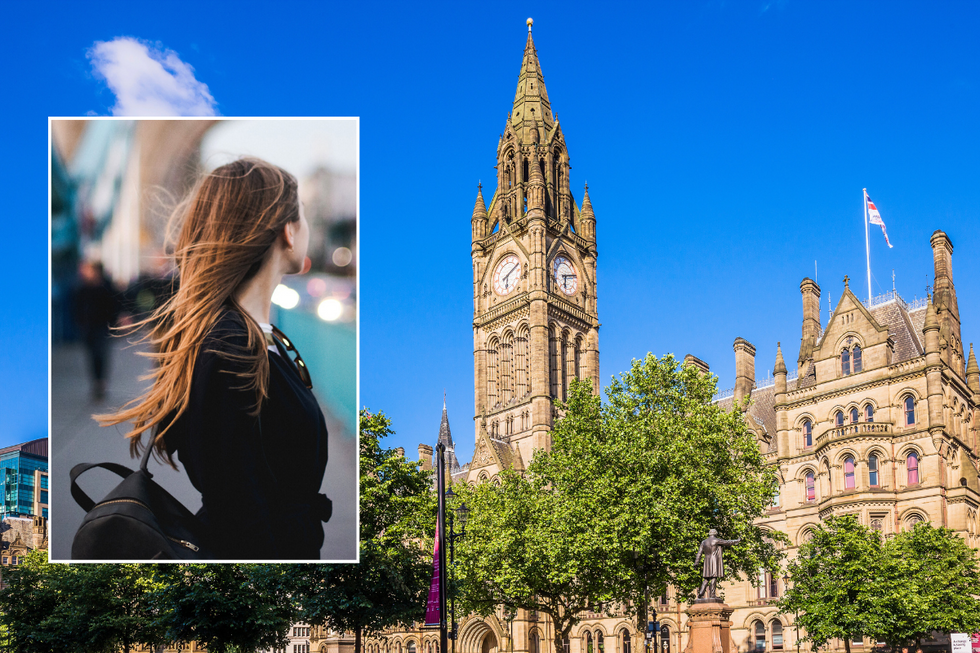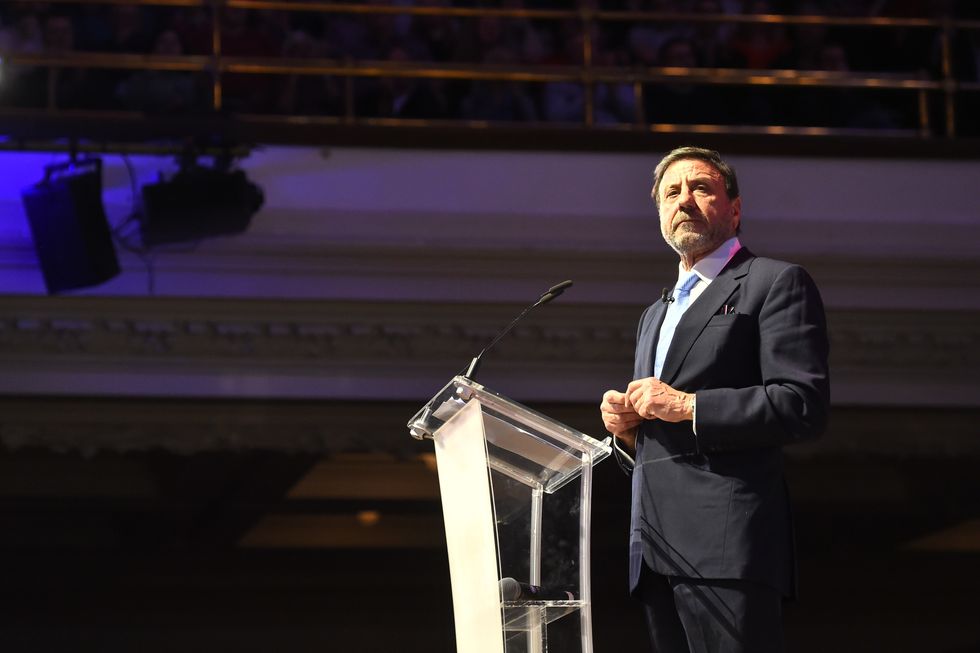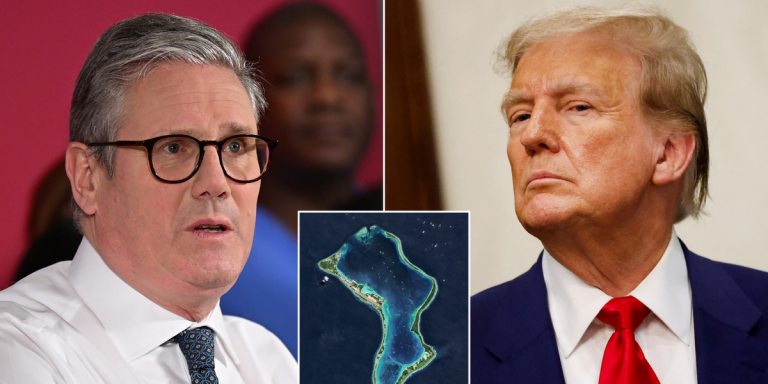Rachel Reeves is considering breaking her promise of no further taxes as she scrambles to sure up the nation’s finances amidst market turmoil.
The Chancellor is toying with a ‘hotel levy’ modelled on France’s tourist tax system where holidaymakers pay between £1 and £12 a night for accommodation.
The tax, which would be paid by foreign visitors and Brits alike, ranges from camping (£1 a night) to five-star hotels (£12 a night) and could raise up to £1billion, Treasury modelling has suggested.
That means for a family of four holidaying for a week in Britain’s high-end hotels, the cost of the holiday will rise by £336. For those going on a camping holiday for one week, it will rise by £28.

The proposed hotel tax would be paid by Brits and foreigners alike
GETTY
This doesn’t consider the huge increases to hotels’ operating costs like staff bills which thanks to Labour’s hike to Employers’ National Insurance Contributions will balloon.
Hotels are also contending with increased energy costs and, if the business is family owned, a hefty inheritance tax bill in the event of a death.
Hotels may be forced to offset these costs to their customers, driving prices up further.
The tourist levy has been blasted by hotelier Sir Rocco Forte who said: “This would be a pernicious new tax charged on top of all other taxes.
“The UK is already not a cheap destination, and this can only deter cost-conscious visitors who will increasingly choose to go elsewhere.”
 Sir Rocco Forte, a prominent UK hotelier, has issued a warning regarding the implementation of the tax, hailing the industry as “one of the most vital parts of the UK’s economy”PA
Sir Rocco Forte, a prominent UK hotelier, has issued a warning regarding the implementation of the tax, hailing the industry as “one of the most vital parts of the UK’s economy”PAPackage holiday company Thomas Cook is offering seven-night holidays in locations like Turkey or Spain (including flights) for as little as £100 per person in 2025, rising to £150 for all-inclusive.
Holiday home website selfcatering.co.uk estimates a weeklong trip to the UK costs £2,659, whilst travel guide website budgetyourtrip.com estimates a week would cost £2,492 (both not including flights).
Most tourists are willing to pay more to visit the UK for its history and scenery, but industry leaders worry this tax could be a step too far.
Sir Rocco Forte took particular aim at Labour’s handling of the economy, stating: “Visitors will be less likely to spend while they are here, given that their accommodation will be more expensive.
“That will hit the entire tourist economy – retailers, taxi drivers, restaurants and cafes, museums, galleries, tourist attractions – anywhere that visitors currently spend money.
“The truth is that the Government has imploded the economy with the last Budget and is desperate to raise revenue.
“In other countries where there is a tourist levy the money raised is ring-fenced for projects to enhance the tourism experience or tourism infrastructure.
“Doubtless the Treasury simply plans to use the money to fill the black hole it has itself created in the public finances.”
LATEST FROM MEMBERSHIP:
With borrowing costs increasing and the pound weakening, Reeves is under huge pressure to reassure the markets and voters she knows what she is doing and keep the economy on track.
Without growth and subsequent increased tax receipts, the Chancellor’s options are bleak.
Watering down spending plans will harm her credibility and be labelled as a return to austerity, but introducing further taxes after promising the opposite will also be deeply unpopular.
The Chancellor could be forced into enacting ‘emergency measures’ such as this hotel tax to boost the Treasury’s coffers.
The tax would follow Wales’ example where Welsh Labour’s ‘tourist levy’ is taking its first steps through the Welsh Parliament.
Under current proposals, visitors to Wales will have to pay £1.25 a night per person, a measure that would raise £560million in England, £440million less than the French system.
Edinburgh is planning to introduce a tax on accommodation from July 2026, charging guests a 5 per cent levy to stay overnight in an effort to raise up to £50million a year towards improving the city.
Last year Venice started charging overnight visitors between €1 and €5 (£0.83 and £4.15) and day tourists a fee of €5 (£4.15) per day. If the trip is booked at the last minute, the fee is increased to €10 (£8.30).
A Treasury spokesperson said: “We do not comment on tax speculation outside of fiscal events.”


























+ There are no comments
Add yours